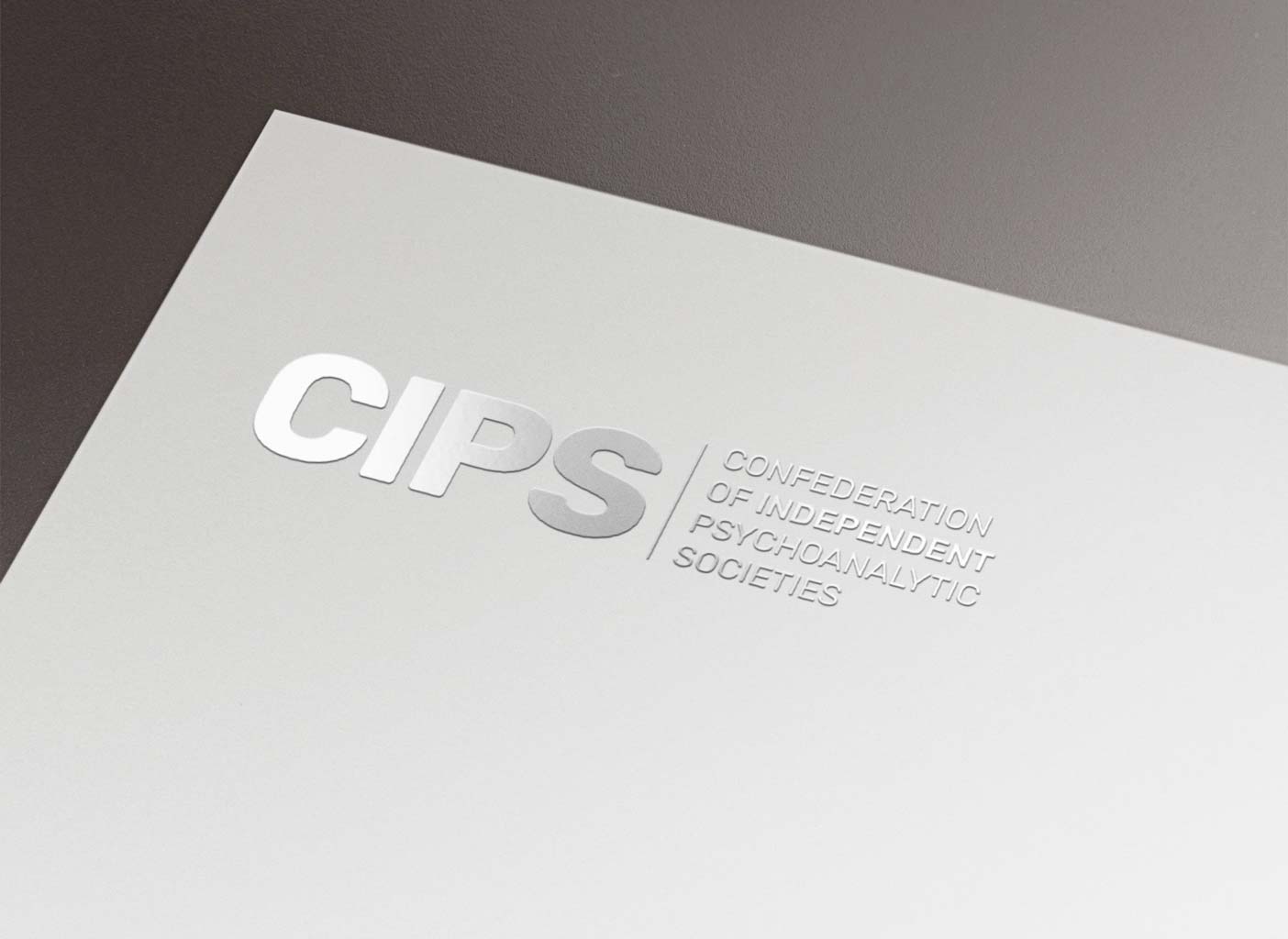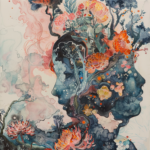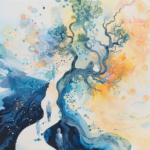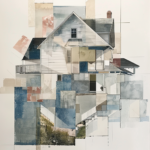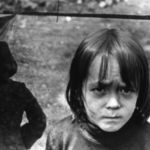CIPS NewsBriefs - Summer 2024
Letter from the President of CIPS
Dear Colleagues,
Winter was just beginning to let go its hold, when I began thinking about the theme of this issue of NewsBriefs, dreaming and action. The hellebores, an early harbinger of spring, had started to bloom, pink, yellow and wine-dark red. Over several years, they had spread, generously dressing my small garden with beautiful flowers hardy enough to survive the cold, wind and rain we often get this time of year in Brooklyn, where I live. I just recently learned these plants were called hellebores—a patient noticed them in my garden, visible from my office. On a mission to tidy their garden, her husband had felled all the hellebores she’d planted at the borders, as if they were weeds. Although not angry, she conveyed a sense of sadness. The toppled plants had reminded her of other losses. What was a desired, legitimate plant, deserving of protection and care, and what was a weed, unworthy and unwanted, felt arbitrary.
A week or two later, just before the vernal equinox, I took the train to Washington DC to attend a two-day conference—The Unseen: Breaking Barriers, Building Bridges: Community Psychoanalysis into the Future. Presented by APsA’s Committee on Psychoanalytic Education, the program was co-sponsored by PINC, which has a Community Psychoanalysis Track, and CFS, both CIPS institutes. CIPS members Francisco Gonzalez, Lee Slome and Lizbeth Moses presented at the meeting. My psychoanalytic mindset has largely been that of an analyst in her consulting room or occasionally as an analyst who works in the community with individuals. Community psychoanalysis expands these frames, viewing larger groups as systems with powerful, often symptomatic, unconscious processes that can be understood and worked with analytically. At the meeting, Kimberlyn Leary spoke of “holding multiple frames of reference simultaneously.”
This comes to mind as I think about our upcoming conference, The Environment as Psychological Object: Thinking Together about the Unthinkable. It aims to bring what we believe is a powerful and necessary psychoanalytic lens to bear on our planet’s unfolding climate crisis, something that–addressed or not–affects our patients and ourselves. Dreams allow analysts to bring disavowed, dissociated or otherwise unconscious elements into awareness. One of our presenters, George Bermudez, writes about social dreaming, a method of working with dreams in a group context to create a democratic dialogue. Our other speakers will be Sally Weintrobe, who has recently compared reactions to the climate crisis amongst youths and elders, Caroline Hickman, whose research on the impact of the climate crisis on children is widely admired, Cosimo Schinaia, an Italian psychoanalyst who has written extensively and poignantly on the environment, Paul Hoggett, a founder of the Climate Psychology Alliance and an eminent scholar in the field, Sherri Mitchell, a noted indigenous scholar and activist, and Paul Christian-Kliger, who chairs the Psychoanalyst in the Community section at APsA and has worked with traumatized populations in many places in the world. I am looking forward to a day of learning in which we can think together about a crisis that is already here and affecting all of us. I hope you will mark that date, October 5th, and join us.
Best wishes for inspiring, restorative summer
